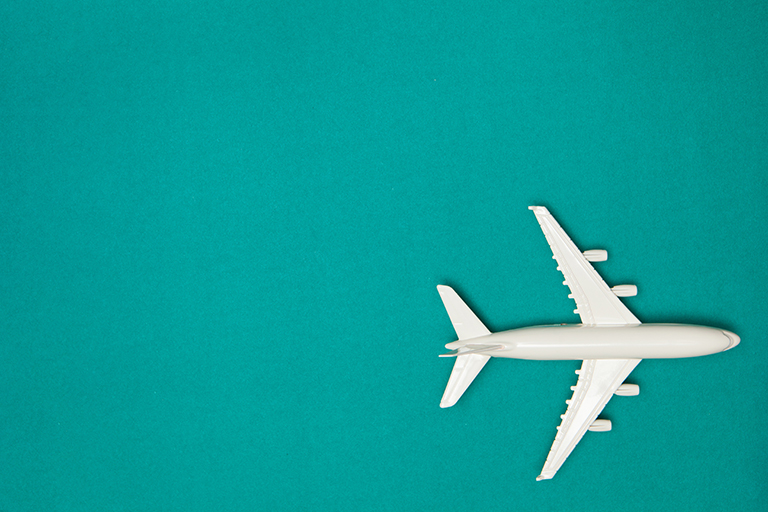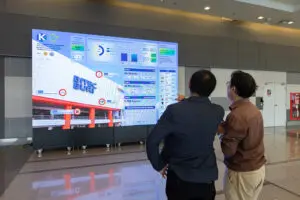ACCC connects reduced competition to high profits
The report notes Qantas’ $916 million underlying earnings before tax for its domestic operations for the first half of the current financial year and Virgin Australia’s then-CEO Jayne Hrdlicka’s comments to the ABC about “record first-half profits” in February.
Its executive summary begins with: “Half-year financial results show that both the Qantas Group and Virgin Australia are benefiting from strong demand for flying and minimal competition in the domestic airline sector.”
Later in the report the ACCC notes that Qantas has not increased its domestic capacity despite increased demand and is instead forecasting a one per cent drop in capacity. The commission says this could be due to delays in receiving new aircraft or “relatively weaker commercial incentives for Qantas Domestic to increase capacity for a customer segment that is less sensitive to price, and for which Qantas faces reduced competition”. The ACCC believes this has “likely contributed” to higher airfares.
However, at Qantas’ low-cost carrier Jetstar, capacity increases are expected to be 12 per cent over five quarters, starting from July 2024.
The report also notes that Virgin Australia boosted its passenger share by 3.1 per cent in the six months following Rex exiting capital city routes last July. Virgin also picked up three Boeing 737 leases vacated by Rex, which has allowed Virgin to increase capacity and improve its resilience.
International airfares dropped during 2024
The ACCC notes that international airfares trended downwards in 2024 as capacity on international routes rose. Flight Centre data indicates a drop of 6.5 per cent in the price of an average international airfare.
However a 2025 trends report from OAG’s chief analyst suggests airfares are unlikely to drop in 2025 and notes capacity increases are likely to be small this year, driven by maintenance and manufacturing issues in the aviation space.
The ACCC report even flags some data that puts airfares to Europe for next month higher than a year ago.
On the domestic front, airfares are following the usual seasonal fluctuations, with revenue per passenger dropping 16.1 per cent after a peak in October 2024 until January 2025. However per-passenger revenue then rose by 9.6 per cent in the period to March.
It is also worth noting the low price of jet fuel, which has largely been falling since September 2023 and is a significant part of airlines’ operational costs.
Tropical Cyclone Alfred had a big impact
Commercial flights to Brisbane, Gold Coast and Ballina airports all effectively shut down as southeast Queensland awaited landfall of Tropical Cyclone Alfred in early March.
The impact of this can be seen in the numbers in the ACCC’s report.
Domestic airline passengers were down 4.9 per cent across Australia in March 2025 compared to March 2024.
Gold Coast Airport reported a 30 per cent drop in passenger numbers in March compared to the previous year, while Sunshine Coast Airport, which did not close, experienced a 25 per cent drop and Brisbane Airport a near seven per cent drop.
Flight cancellation rates in March were also more than twice the long term average of 2.2 per cent, sitting at five per cent.




















